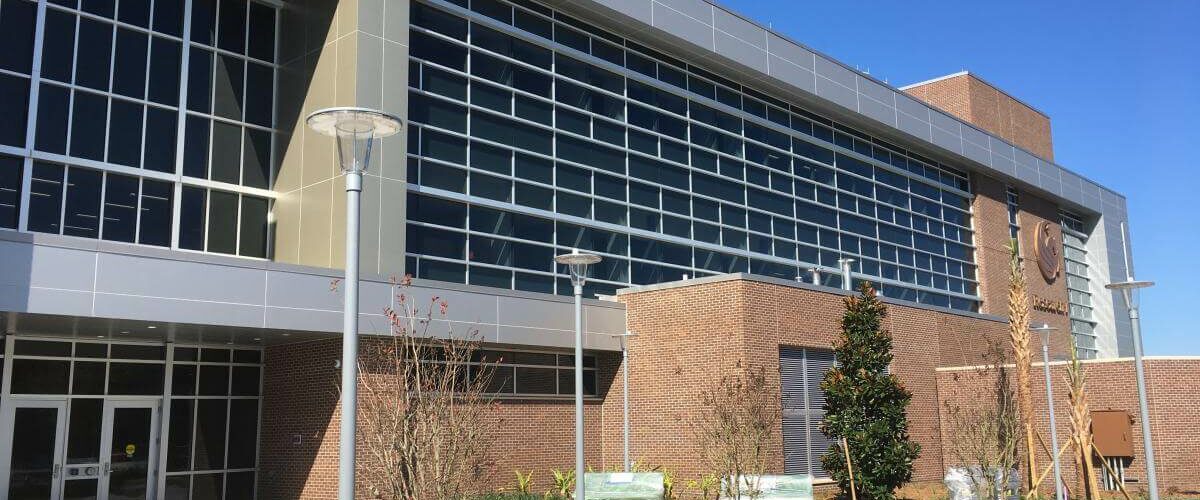Welcome!
Thank you for your Interest in the Nanobiosensors & Systems Group at UCF.
Our group is dedicated to the advancement of the state of the art in biological micro/nanofabrication technologies. Our goal is to utilize our knowledge and expertise in micro/nanofabrication technologies and apply these techniques to develop devices for the advancement of human health and personalized medicine. We develop non-traditional (Polymer, Metal, Paper, Biomaterials etc.) micro/nanofabrication methods and platform technologies as well silicon and glass based traditional technologies. Research into packaging methodologies is complimentary to research into biological micro/nanofabrication and we work on novel packaging methodologies for the assembly of our biological devices.
We have developed and continue to strive to develop applications of biological micro/nanofabrication technologies in areas such as in vitro, wearable and implantable Microelectrode Arrays (MEAs), microneedles and other drug delivery devices, Lab & Organ on a Chip Devices, Microfluidics, flexible electronics devices and advanced materials. We also seek collaborators that will join us in advancing the applications of the devices and systems we create in the group and/or help us in defining new devices & systems that can be created.
Courses

IDS 6264 (3 CR)
Bio Interfaces Enabled by Micro / NanoFabrication
As offered in Fall 2017, Spring 2017, Fall 2018, Spring 2018
Biointerfaces are defined as medical devices and biotechnology products that interface with biology outside the body, in a wearable setting and/or in an implantable setting. Introduces students to micro/nanofabrication technologies and biointerface examples including research and commercial products.
EMA 3706 and EGN 3365 EMA-MECH / AERO (3 CR)
Structure and Properties of Materials/ Aerospace Materials
As offered in Spring 2019, Spring 2020, Fall 2021, Spring 2022, Spring 2023
Atomic structure and bonding, crystal structure and imperfections, solidification, phase transformations, phase diagrams, heat treatment, mechanical & electrical properties, materials characterization techniques.
EMA 5610 (3 CR)
Laser Materials Processing
As offered in Fall 2019, Fall 2020, Fall 2022
To understand the basic of laser design and general applications of the various types of lasers. To understand laser material interactions and studying various laser assisted processes such as welding, macro and micromachining, chemical deposition, surface treatment etc.
EMA 4506 (3 CR)
Emerging Materials/Materials for Society
As offered in Spring 2021
To understand the relationships between materials and their impact on society. In this class students are introduced to the physical and social properties of various established materials and new and emerging materials research lectures from experts in the field.
EMA 4915 (3 CR)
Materials Senior Design I
As offered in Fall 2023
Develop understanding and gain experience in the design of materials systems and/or processes to address relevant problems. Gain hands-on experience working in teams to solve a design problem.
EMA 4916 (3 CR)
Materials Senior Design II
As offered in Spring 2024
Develop understanding and gain experience in the design of materials systems and/or processes to address relevant problems. Gain hands-on experience working in teams to solve a design problem.




























